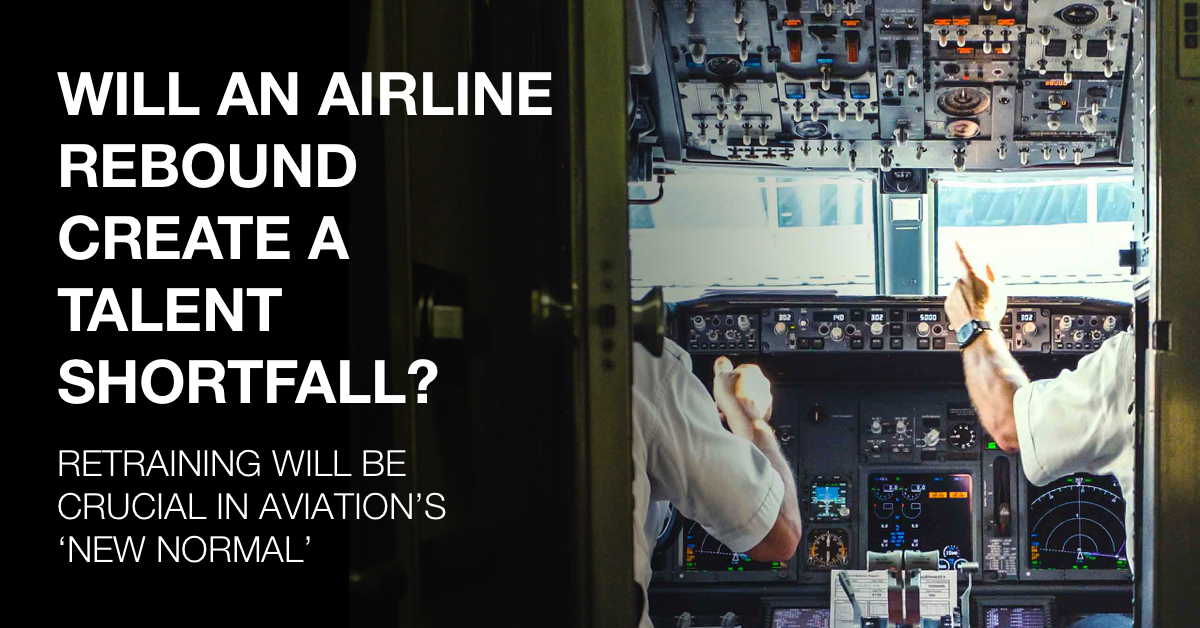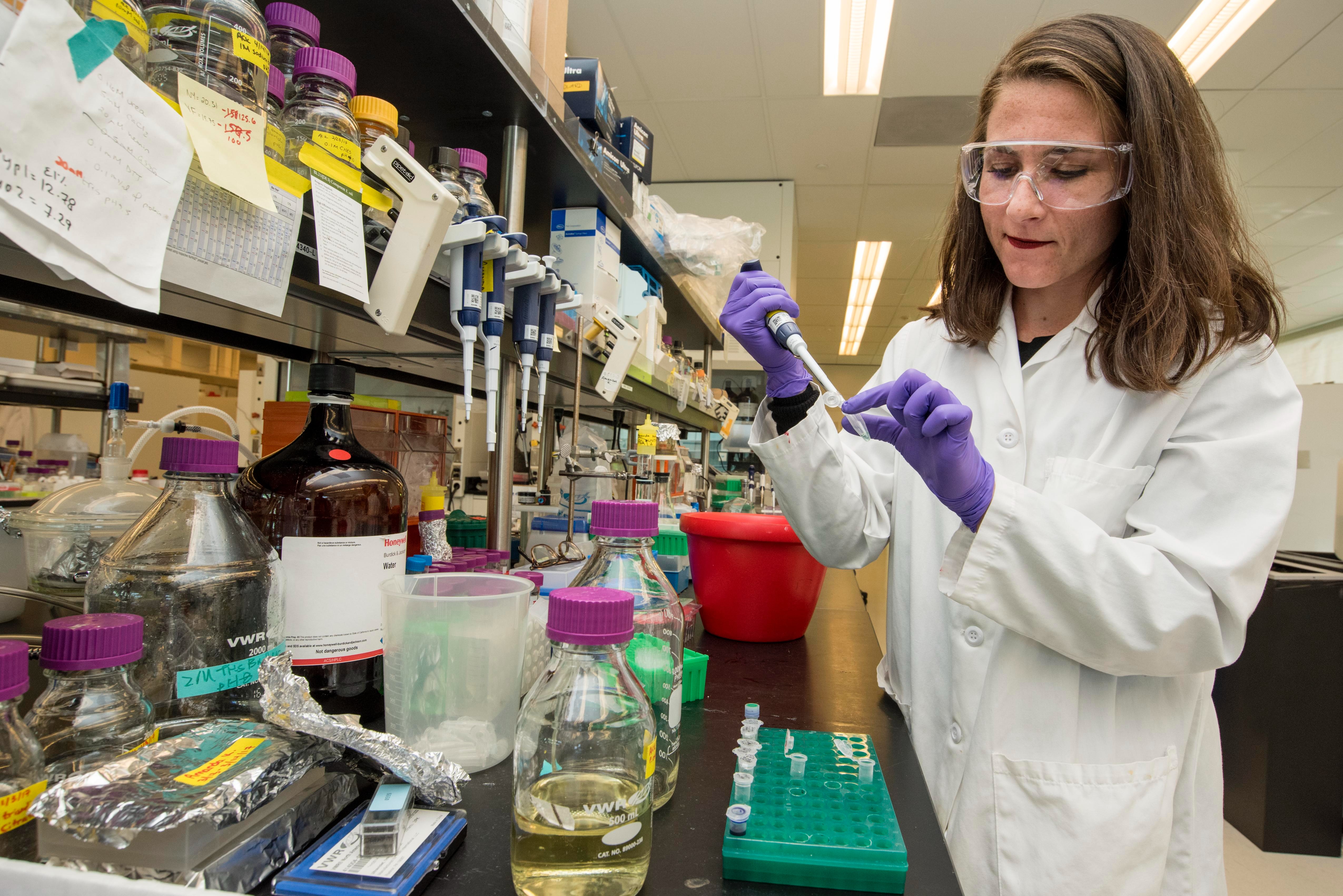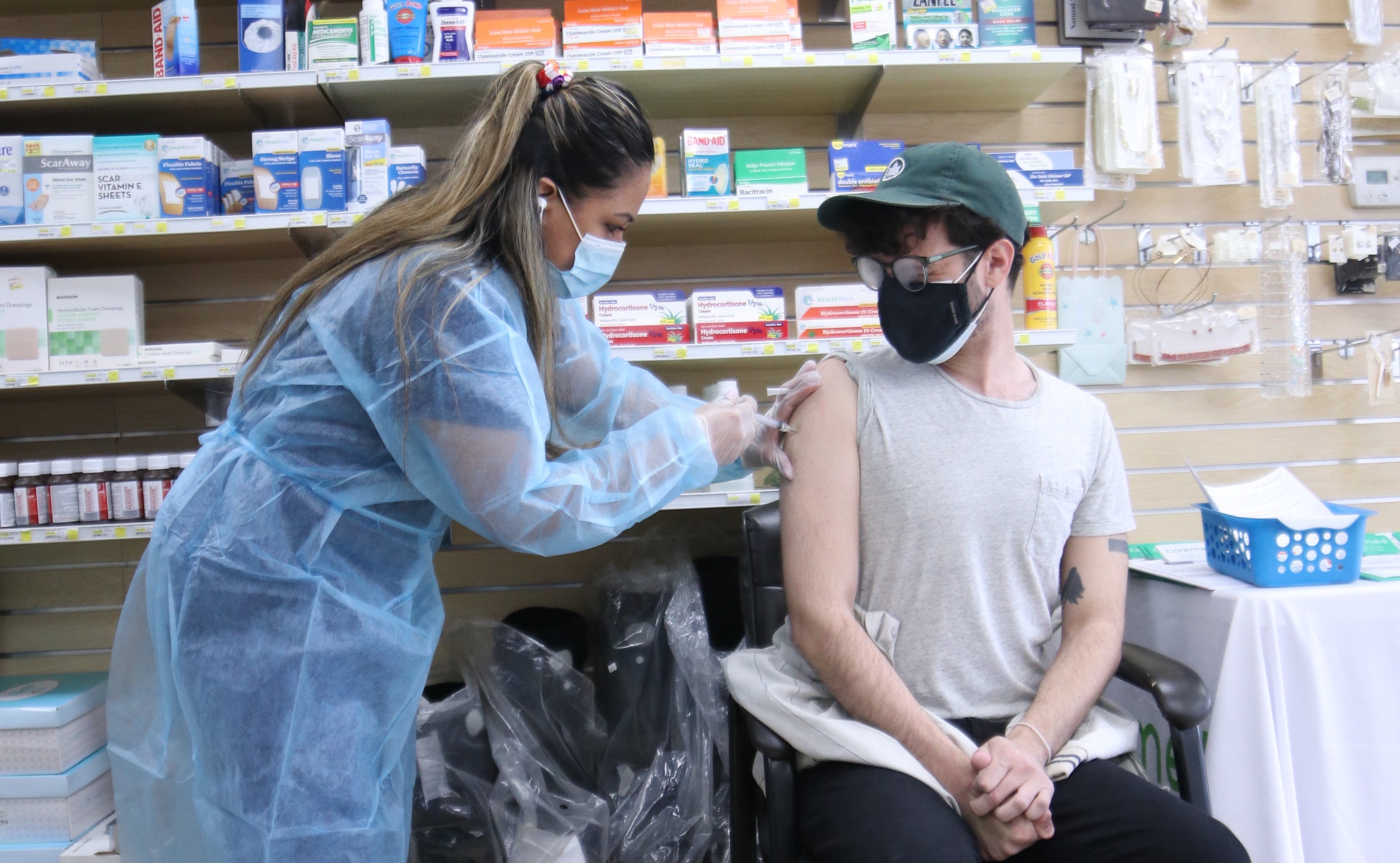Retraining Will Be Crucial in Aviation’s ‘New Normal’
As the global airline industry comes back from the pandemic, staffing could become a challenge—particularly if the ramp-up in flight capacity happens quickly. The goal across every airline will be to align rehiring with the pace of the rebound, so as people are rehired, they are also retrained quickly. Reassigning and reskilling, as well as training in new safety and operational protocols, will require adaptive learning to get people up to speed efficiently and effectively.
Earlier this year, amid one of the most robust periods ever for airline travel, the unthinkable happened: a global pandemic nearly grounded the entire industry. As Bloomberg noted, COVID-19 “reset the clock on a decades-long aviation boom that’s been one of the great cultural and economic phenomena of the postwar world.” The response was swift and deep: cuts in airline capacity and widespread layoffs and furloughs within an industry that employs 2.95 million people worldwide, about 462,000 of whom are in the United States.
Now, the first green shoots of recovery are becoming visible. In late June, the largest week-to-week growth in airline capacity since the pandemic outbreak added 8.2 million seats to global capacity for an increase of 21%. Airline analyst and blogger John Grant called it “quite a remarkable rate of growth as airlines, travelers and stakeholders around the world scramble to save the summer.”
This is welcome news for the airline industry, which had been slashing capacity and reducing its workforce all year. Even as of early June, airlines reportedly were offering “voluntary separation” or early retirement to employees to reduce labor costs, which are the largest expense for airlines.
With new capacity, however, will come the need to rehire workers, which could introduce new staffing challenges. From what we’re hearing, airlines are looking at their workforces across the board, from flight crews to gate agents to ground personnel to ensure they have the right-size staff—with the right skills, as well.
Airlines Could See a Talent Shortfall
As experienced employees, in particular, take advantage of early retirement or decide to pursue opportunities elsewhere, there could be shortfalls in talent at a time when airlines need to ramp up capacity. It’s not merely the number of employees; in fact, some airline CEOs have said they expect to have fewer employees. More important is having the right staff in strategic areas. To fill these positions, airlines are likely to reassign employees from one job to another, which will obviously require training.
Some employees may be reassigned to jobs that they performed in the past—for example, someone who was a gate agent five years ago could be back in that role. The familiarity with that position, however, can lead to a false sense of knowing everything there is to know about that job—no new training necessary. What they don’t realize is the job has changed.
This scenario is the perfect setup for unconscious incompetence, when people believe they know something when, in fact, they do not. Said another way, they don’t know that they can’t do something. Our data show that almost everyone is unconsciously incompetent to some degree, typically ranging from 15% to as high as 40% of the content being taught. It is my belief that many of the mistakes and poor performance in the workplace are not caused by a lack of knowledge, but rather because people mistakenly think they have the right knowledge.
Safety Protocols Change Jobs
Adding further complexity to airline training is the fact that safety procedures and other operational protocols have changed. Ticket agents, gate agents, and other customer-facing airline personnel are literally on the front lines of helping ensure the safety of flight crews and passengers.
The Centers for Disease Control (CDC) has several recommendations for airlines and their front-line employees at airports. Among them are:
- Develop policies for responding to the identification of sick passengers, crew, or coworkers;
- Designate someone to be responsible for responding to COVID-19 concerns. Employees should know who this person is and how to contact them.
(Additional CDC precautions can be found here.)
Adaptive Learning Gets People Up to Speed
Regardless of the type of training, airline employees need to quickly become competent and confident. Adaptive learning is the only solution. As we have seen, across all industries, personalized/adaptive learning, together with learning analytics, are a major priority for learning and development (L&D). As Donald H. Taylor’s 2020 survey found, adaptive learning and analytics underscore the kind of learning that will advance business and talent strategies within organizations. For airlines during this time of rebound, close alignment between business and talent will be paramount.
In many other blogs, I’ve discussed the powerful benefits that learners and their employers can gain by moving to adaptive learning. One of the most compelling points to make here is that traditional, nonadaptive e-learning cannot identify unconscious incompetence, nor can it provide the kind of personalized learning that people need to acquire and retain new knowledge and skills. Only adaptive learning meets learners where they are: identifying what they have already mastered, where they have gaps, and where they are unconsciously incompetent.
Equally important, adaptive learning can bring people to competency in half the time compared to traditional, nonadaptive e-learning and classroom-based training. For airlines that need people on the job—and not in training—this training efficiency is key to realizing productivity that can contribute to a return to profitability.
Taking Off into a New Future
Improvements in airline capacity is a welcome bright spot amid a particularly dismal and uncertain time for the industry, although challenges remain. As United Airlines CEO Scott Kirby said in a recent interview with the Wall Street Journal, “I hate being in this, but in a way it is energizing because the stakes are higher.”
Going forward, airlines will need to improve their service and profitability, while focusing on health and safety. This will require the right people in the right jobs—with adaptive learning to ensure they have the right knowledge and skills.









